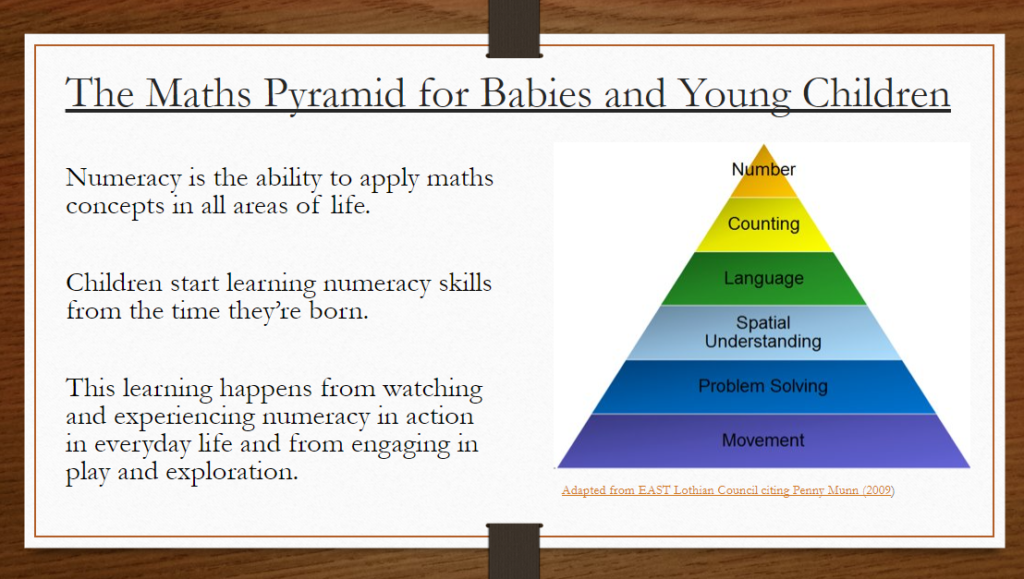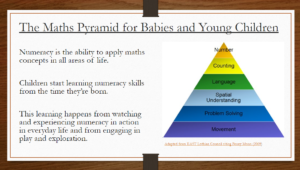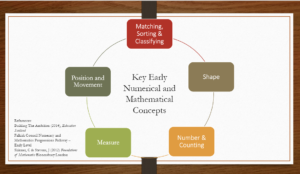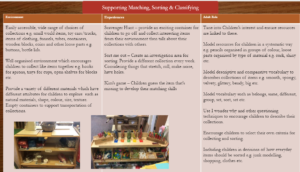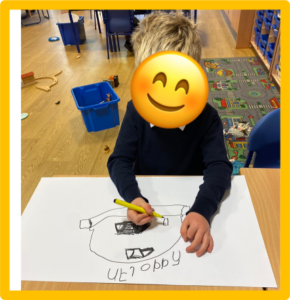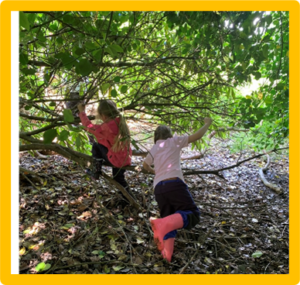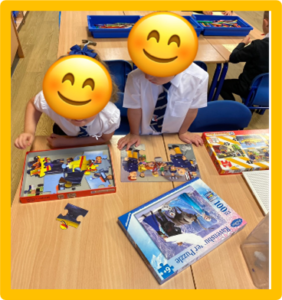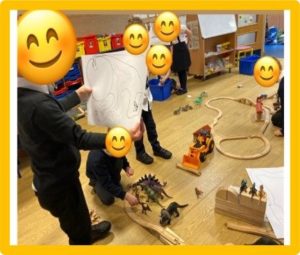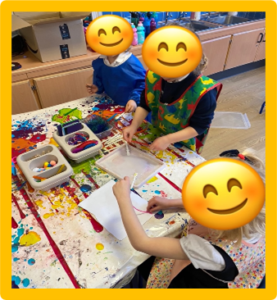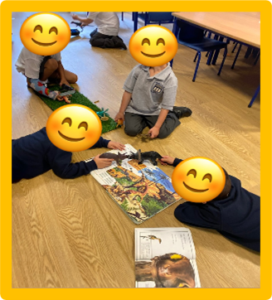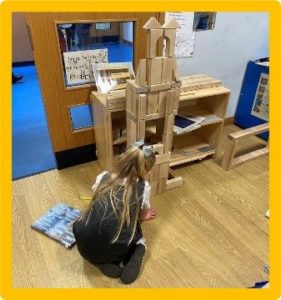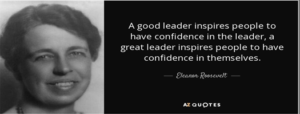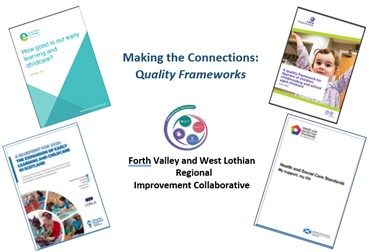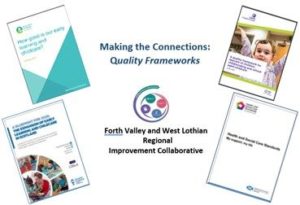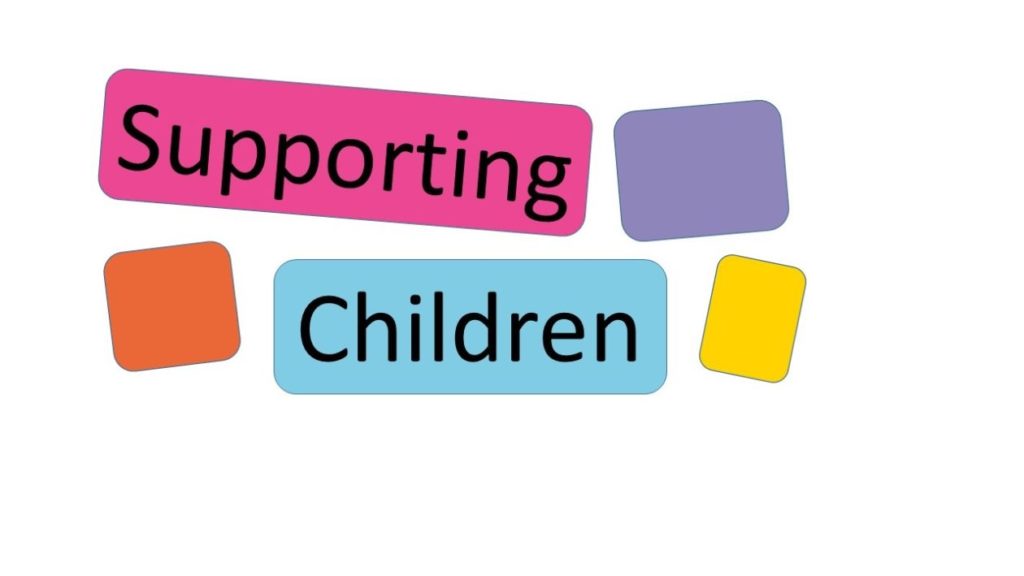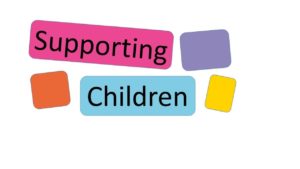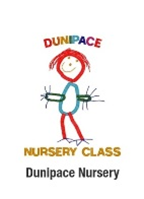What an adventure we have had promoting Marvellous Meals throughout our nursery. Over the past year, COVID-19 has put us all through the ringer and challenges through mitigations made snack preparation, baking and making quite difficult. Staff looked over risk benefits for these opportunities and experiences for our children, and managed to let the children be involved through some activities. Since returning in August 2021 for the new session, I wanted Marvellous Meals to be fully embedded into nursery life and to allow all of our children (0-5 years) to be involved in experiences that would benefit all developmental areas. COVID-19 is not going away anytime soon, but the impact this has had on our children through areas such as literacy and numeracy has been fundamental. So, along with the team, we wanted to make a huge difference to our children’s learning.
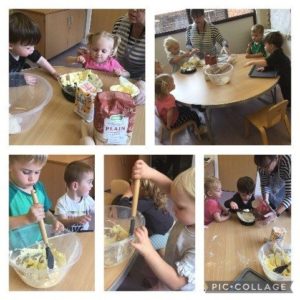
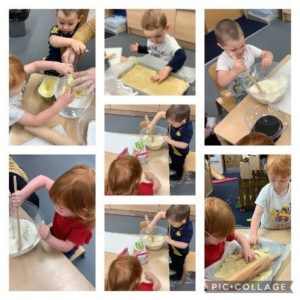 Toddler Room
Toddler Room
During the summer we audited our environments throughout all our playrooms and dining room. We redesigned these areas to make them cosy and natural by ordering wooden benches and tables, having cosy areas beside family walls and making the environment look more home like. To outline the journey for each room in the nursery, I drew up an action plan, which has been discussed and implemented by staff. I have taken the staff on the journey of Marvellous Meals by discussing Larder orders, spaces, changing snack to breakfast in the morning and providing the children with a ‘free flow’ lunchtime. Staff discuss snack options with the children and each day they have made or baked something. Staff have changed their own mind-sets and thinking around Marvellous Meals opportunities.
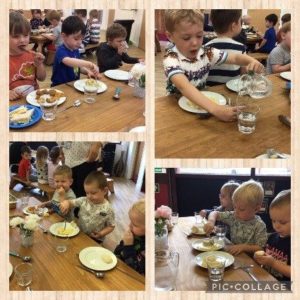 3-5 Room
3-5 Room
Staff have been fully supportive of the Marvellous Meals Approach and have actioned a lot of the elements quicker than any of us could have imagined! Consultations with staff and our families, through questionnaires and Y charts have set our Marvellous Meals Values for Myot View. We wanted everyone’s views on what our values should look, feel and sound like to ensure these experiences and opportunities for our children would be purposeful and meaningful.
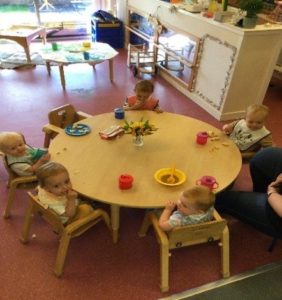 Babies
Babies
We are so proud of our journey so far, the impact that this has had on our children has been amazing while watching them grow and develop through their self-help skills, independence, confidence, early literacy and numeracy skills and most importantly having lots of fun!
Thanks for taking the time to read our journey!
Vikki White
Principal Early Years Officer
Myot View Early Learning and Childcare Centre

